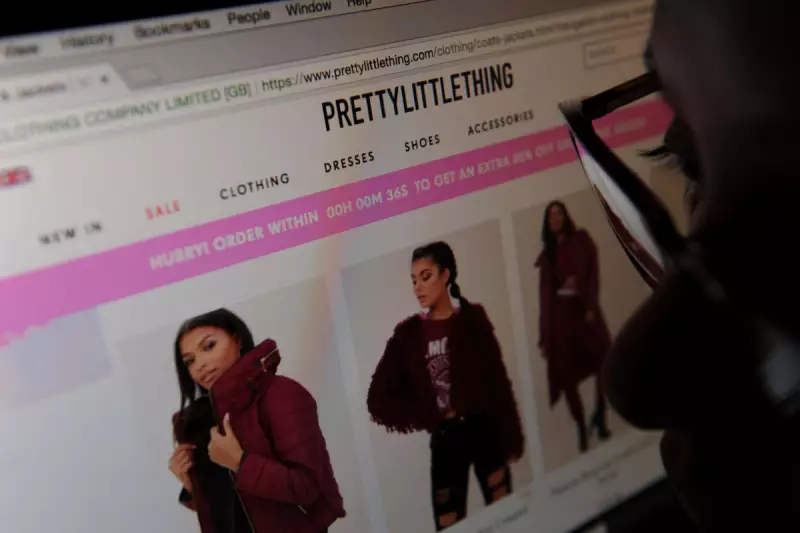
Fast-fashion behemoth PrettyLittle Thing has ignited a firestorm of criticism and public outrage following the discovery of a job advertisement for its Burnley warehouse that offered a wage significantly below the national minimum.
The now-removed advert, which was promoted on the company's own website, sought to fill a role described as 'on-site' in the Lancashire town. The proposed pay was a mere £6.25 per hour, a figure that falls drastically short of the UK's legal minimum wage of £11.44 for those aged 21 and over.
Public and Political Backlash
The controversial listing did not go unnoticed. It was swiftly flagged on social media, where it was met with a wave of condemnation from the public, trade unions, and politicians alike. Critics were quick to label the offer as "exploitative" and a stark reminder of the precarious conditions often faced by workers in the retail and logistics sectors.
This incident has thrust the company's ethical practices back into the harsh spotlight, raising serious questions about its commitment to fair labour standards despite its immense profitability.
A Pattern of Controversy
For industry watchers, this is not an isolated incident for the PLT brand or its parent company, Boohoo. The group has previously faced intense scrutiny over its working conditions and pay practices. This latest episode is seen as a significant step backwards, undermining any previous efforts to rehabilitate its public image and comply with ethical trading norms.
The advertisement has drawn unfavourable comparisons to practices from past decades, with many commentators expressing shock that a major modern retailer would attempt to offer such terms in 2024.
Company Response and Fallout
In response to the escalating backlash, a spokesperson for PrettyLittle Thing stated the advert was posted in error and has since been removed. They asserted that all warehouse employees are paid above the national living wage, distancing the company from the figures presented in the ad.
However, the explanation has done little to quell the anger. The incident continues to dominate discussion online, fuelling the ongoing debate about the cost of fast fashion and who truly pays the price for cheap clothing. The focus now turns to whether regulatory bodies will take any action and how the brand will work to regain public trust.





